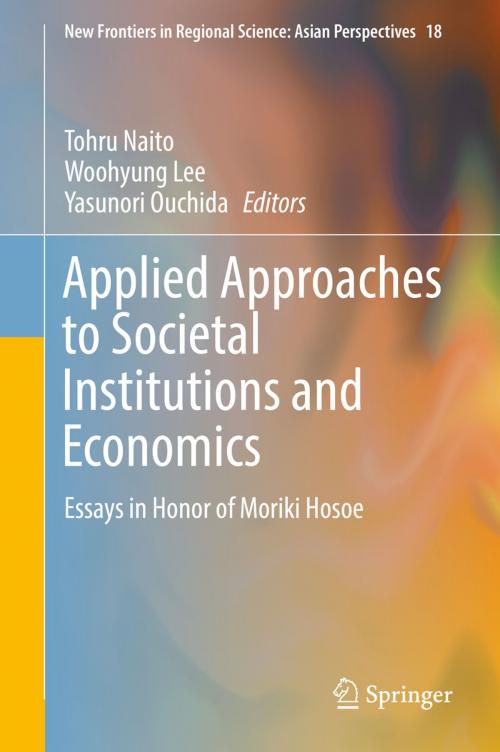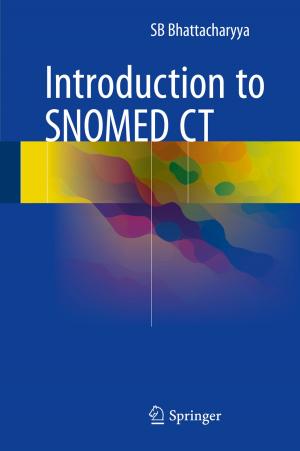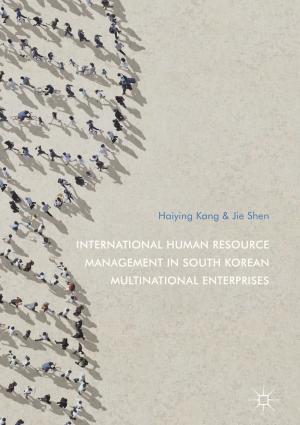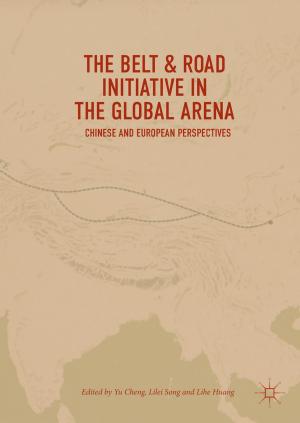Applied Approaches to Societal Institutions and Economics
Essays in Honor of Moriki Hosoe
Business & Finance, Economics, Urban & Regional, Public Finance| Author: | ISBN: | 9789811056635 | |
| Publisher: | Springer Singapore | Publication: | September 21, 2017 |
| Imprint: | Springer | Language: | English |
| Author: | |
| ISBN: | 9789811056635 |
| Publisher: | Springer Singapore |
| Publication: | September 21, 2017 |
| Imprint: | Springer |
| Language: | English |
This book gives readers the theoretical and empirical methods to analyze applied economics. They are institutional economics, information economics, environmental economics, international economics, financial economics, industrial organization, public economics, law and economics, and spatial economics. Because the chapters of this book deal with current topics in these categories, they are relevant not only to researchers and graduate students but also to policy makers and entrepreneurs. As there is uncertainty about the global economy, it is necessary to consider optimal, efficient behavior to survive in the confused world. The book is organized in three parts. Part 1 deals with institutional economics, information economics, and related topics, approached through game theory. Part 2 focuses on environmental economics, international economics, and financial economics, through a microeconomic or econometric approach. Finally, Part 3 concentrates on public economics, social security, and related fields, through microeconomics or macroeconomics.
This book gives readers the theoretical and empirical methods to analyze applied economics. They are institutional economics, information economics, environmental economics, international economics, financial economics, industrial organization, public economics, law and economics, and spatial economics. Because the chapters of this book deal with current topics in these categories, they are relevant not only to researchers and graduate students but also to policy makers and entrepreneurs. As there is uncertainty about the global economy, it is necessary to consider optimal, efficient behavior to survive in the confused world. The book is organized in three parts. Part 1 deals with institutional economics, information economics, and related topics, approached through game theory. Part 2 focuses on environmental economics, international economics, and financial economics, through a microeconomic or econometric approach. Finally, Part 3 concentrates on public economics, social security, and related fields, through microeconomics or macroeconomics.















